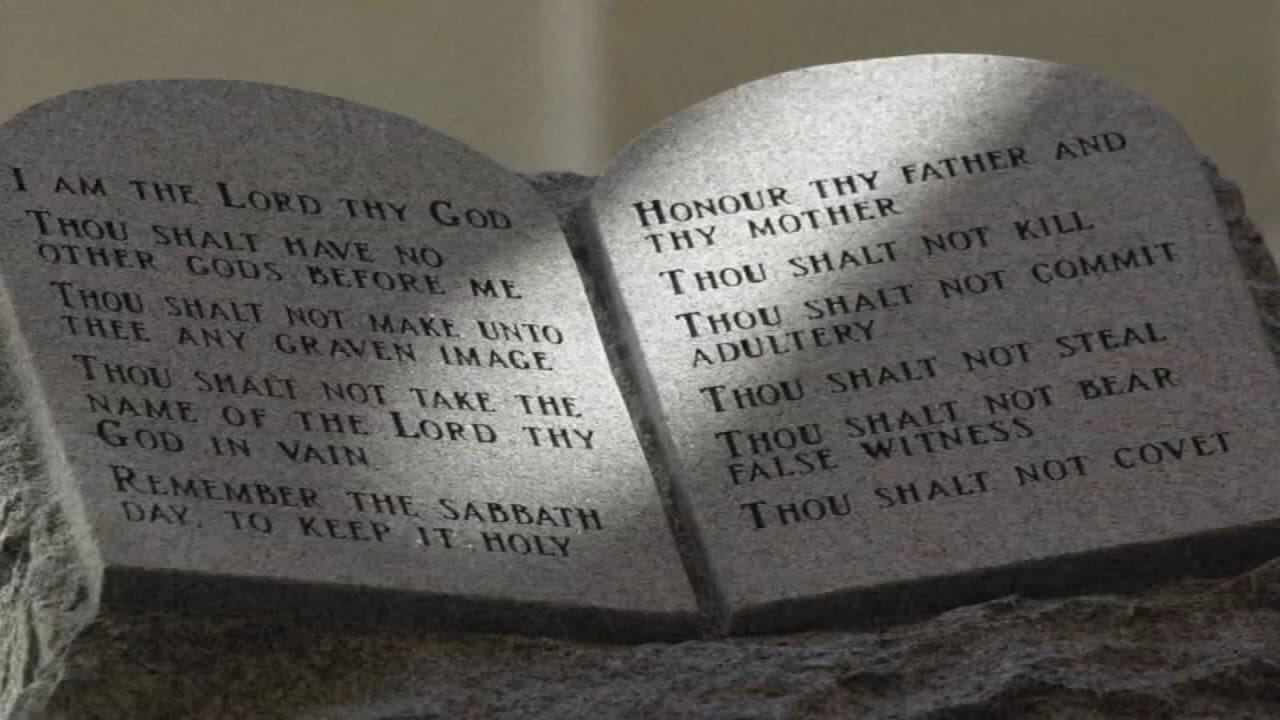Appeals Court to Rehear Louisiana Ten Commandments Case
A coalition of nine families representing students in five parishes — sued shortly after the bill was signed, claiming it violates the First Amendment’s Establishment Clause by promoting religion in public schools.

BATON ROUGE, La. — The U.S. Fifth Circuit Court of Appeals has agreed to reconsider Louisiana’s controversial law requiring the Ten Commandments to be displayed in every public school classroom, giving state officials another opportunity to defend a measure that has drawn nationwide attention and sharp constitutional debate.
The decision, issued Monday, vacates a June ruling by a three-judge panel that had struck down the law as unconstitutional. The full court — composed of 17 active judges — will now hear arguments in the case, though no date has been set for oral argument.
The law in question, House Bill 71, was signed by Gov. Jeff Landry in June 2024 and was scheduled to take effect January 1, 2025. It requires that each public classroom prominently display a poster-sized copy of the Ten Commandments, printed at least 11 inches by 14 inches, with the text serving as the “central focus.” The display must also include a four-paragraph “context statement” describing the commandments’ historical role in American law and education.
Supporters, including Landry and Attorney General Liz Murrill, argue that the measure honors the moral and legal foundations of the country. “Glad to see the Fifth Circuit is taking this en banc. Looking forward to those arguments in court,” Murrill said Monday. Landry echoed her remarks, calling the decision “good news” and saying he looks forward to “seeing this case to victory.”
Opponents — a coalition of nine families representing students in five parishes — sued shortly after the bill was signed, claiming it violates the First Amendment’s Establishment Clause by promoting religion in public schools. The plaintiffs include parents and children from Catholic, Jewish, Unitarian, and nonreligious backgrounds.
In November 2024, U.S. District Judge John W. deGravelles issued a preliminary injunction blocking enforcement of the law, ruling that it had “an overtly religious purpose” and would expose schoolchildren to government-endorsed religious messaging they cannot avoid. The three-judge appellate panel later affirmed that decision, citing the U.S. Supreme Court’s 1980 Stone v. Graham ruling, which struck down a similar Kentucky law.
The state appealed, arguing that the panel misapplied precedent and failed to consider newer Supreme Court decisions that have broadened protections for religious expression in public spaces.
Louisiana’s Ten Commandments law is among the first of its kind in decades and has inspired similar proposals in other states, including Texas, where lawmakers passed a comparable measure now facing its own legal challenge.
The outcome of the Fifth Circuit’s en banc review could shape how far states can go in integrating religious symbols or texts into public education — and may ultimately set up a new test for the U.S. Supreme Court.





